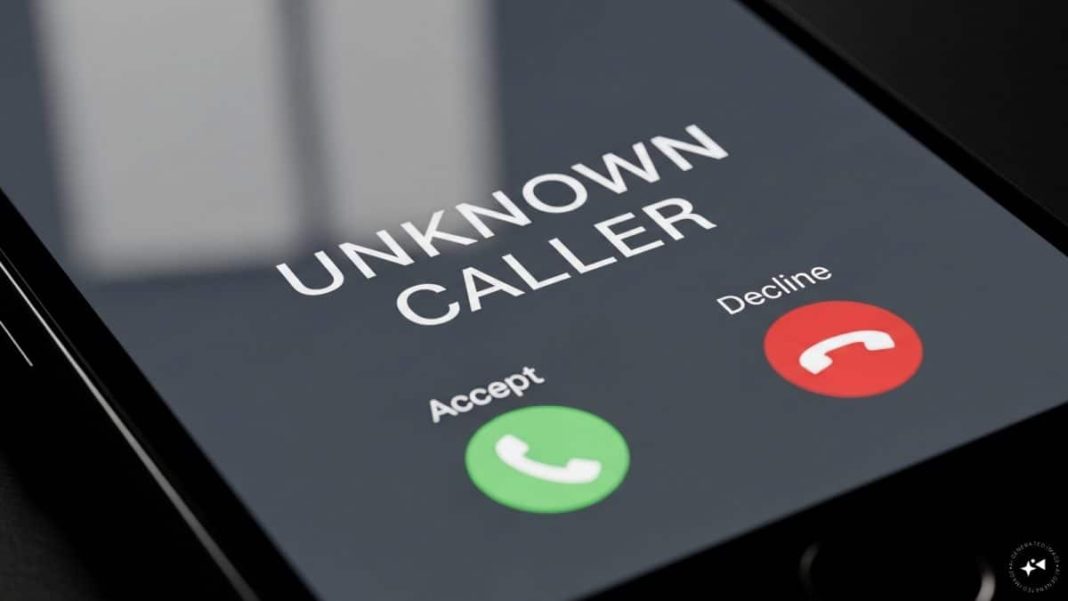India Approves CNAP: A Truecaller Alternative for Verified Caller ID
The Telecom Regulatory Authority of India (TRAI) has approved the Department of Telecommunications’ (DoT) Calling Name Presentation (CNAP) framework. This system will display the registered, KYC-verified name of callers directly on your phone screen, creating a homegrown alternative to apps like Truecaller.
Key Takeaways
- CNAP will show verified caller names from official telecom records.
- It will be enabled by default but users can opt-out via their telecom provider.
- The system works on both smartphones and basic feature phones.
- Major telecom operators have already begun backend integration.
How CNAP Will Work
Unlike the current Calling Line Identification (CLI) that shows only a phone number, CNAP retrieves the caller’s registered name directly from the telecom operator’s database. This happens in seconds, allowing you to see who is calling before you answer. The feature is designed to enhance trust and help users avoid spam and fraudulent calls, a significant concern especially for senior citizens.
The system relies on a Calling Name (CNAM) database maintained by all telecom providers. This database contains the information collected during the Know Your Customer (KYC) process, linking phone numbers to verified subscriber names.
Trials and Technical Readiness
Before approval, the DoT conducted extensive CNAP trials across several Indian cities on both 4G and 5G networks. While some technical challenges like outdated software were identified, the trials confirmed the system functions effectively and can consistently display verified caller identities.
How CNAP Differs from Current Systems
Major telecom operators have started backend integration, paving the way for CNAP’s rollout as a standard mobile service. This eliminates the need for separate caller identification apps. Since it operates within secure telecom networks rather than through external applications, CNAP is considered a more secure and dependable alternative.
Once deployed across India’s massive mobile user base, CNAP could become one of the world’s largest verified caller ID systems. By leveraging KYC-verified data, it aims to provide far more accurate caller identification than third-party apps, directly addressing the widespread issue of spam and scam calls.






